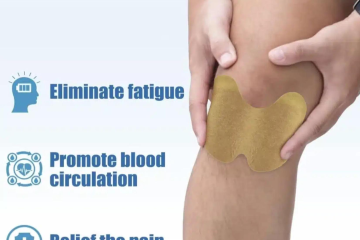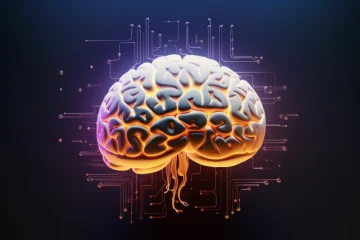Traditional Chinese Medicine (TCM) has been a cornerstone of healing and wellness for thousands of years, offering a unique perspective on the body’s dynamics and the natural world. As holistic health practices gain traction globally, TCM remains a fascinating and vital part of modern healthcare, providing insights and treatments that are both ancient and profoundly relevant today.
Harmonia na Saúde: A Influência Duradoura da Medicina Tradicional Chinesa
A Medicina Tradicional Chinesa oferece uma abordagem rica e matizada para a saúde e bem-estar que tem resistido ao longo dos séculos. Seu foco no equilíbrio, ritmos naturais e bem-estar holístico oferece um complemento valioso às técnicas médicas modernas. Seja usada em conjunto com outras práticas médicas ou por si só, a Medicina Tradicional Chinesa continua a ser um recurso vital para aqueles que buscam viver uma vida mais saudável e equilibrada.
À medida que avançamos, a sabedoria da Medicina Tradicional Chinesa provavelmente desempenhará um papel cada vez mais importante no cenário global de saúde, guiando-nos de volta aos princípios naturais que estão na base da nossa saúde e bem-estar. A integração dessa medicina milenar com as práticas médicas contemporâneas abre novas possibilidades para o tratamento e prevenção de doenças, promovendo uma abordagem mais personalizada e abrangente para o cuidado da saúde.
The Foundations of Traditional Chinese Medicine
TCM is based on the ancient philosophy of balance and harmony, encapsulated in the concept of Qi (chi), the vital life force that flows through the body. The practice emphasizes the interconnectedness of the human body with its environment and the importance of maintaining balance for optimal health. Fundamental to TCM are the principles of Yin and Yang, representing opposing forces that are interconnected and interdependent in the natural world. Health, in the TCM view, is the harmonious balance between these forces.
TCM practitioners use a variety of methods to diagnose and treat illness. Diagnosis often involves examining the tongue, checking pulses, and considering the patient’s history and symptoms. From there, treatment can include a range of modalities such as herbal medicine, acupuncture, cupping therapy, massage (tui na), and dietary recommendations.
Herbal Medicine: The Backbone of TCM
One of the most notable aspects of TCM is its use of herbal medicine. TCM herbalism is a sophisticated form of herbal-based treatment that involves combining various herbs to create a formula that is tailored to the individual patient. These formulas can be used to treat a wide range of conditions, from chronic illnesses and pain management to preventing disease and improving well-being.
Acupuncture: Beyond Pain Management
Acupuncture is perhaps the most internationally recognized facet of TCM. It involves inserting thin needles into specific points on the body to stimulate Qi. While widely known for its effectiveness in pain relief, acupuncture is also used to treat various conditions such as anxiety, digestive problems, hormonal imbalances, and more, by restoring the flow of Qi and balancing the body’s energy.
TCM’s Holistic Approach to Wellness
TCM’s approach to health is inherently holistic, focusing not only on treating illness but also on preventing disease by maintaining a balance of body, mind, and environment. Lifestyle choices are integral to this approach, with a strong emphasis on diet, exercise, and mental health. The TCM perspective on diet, for example, involves choosing foods that balance one’s body type and the current season, reflecting the deep connection between our environment and our internal health.
Integrating TCM with Modern Medicine
In recent years, there has been a growing integration of TCM with conventional Western medical practices. Many patients and healthcare providers are recognizing the benefits of a multidisciplinary approach to health that includes the best of both worlds. This integration allows for more personalized and comprehensive care, opening up new possibilities for treating and preventing disease.
Conclusion
Traditional Chinese Medicine offers a rich, nuanced approach to health and wellness that has endured through the centuries. Its focus on balance, natural rhythms, and holistic wellness provides a valuable complement to modern medical techniques. Whether used in conjunction with other medical practices or on its own, TCM continues to be a vital resource for those seeking to live healthier, more balanced lives. As we move forward, the wisdom of Traditional Chinese Medicine is likely to play an increasingly important role in global healthcare, guiding us back to the natural principles that underpin our health and well-being.




